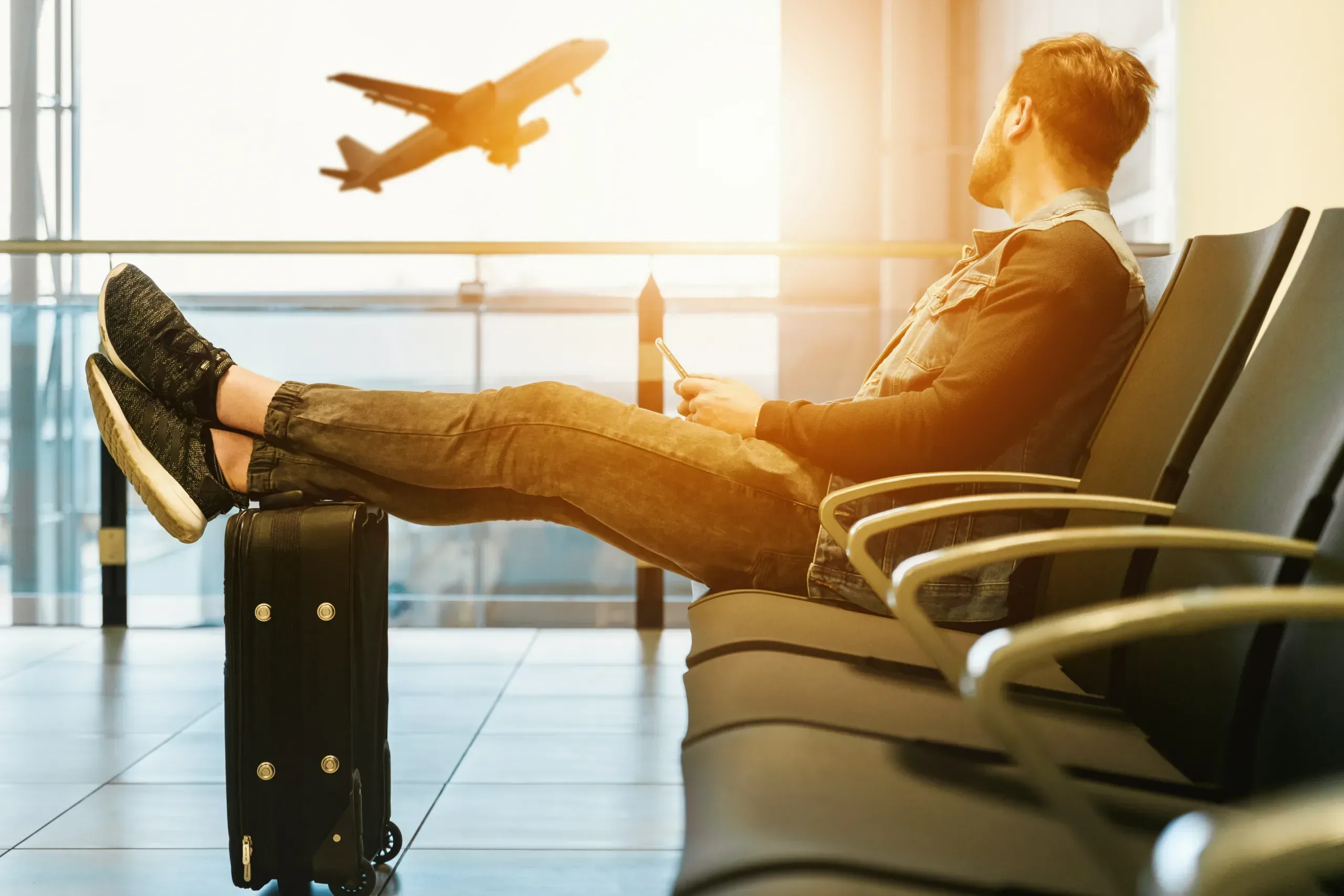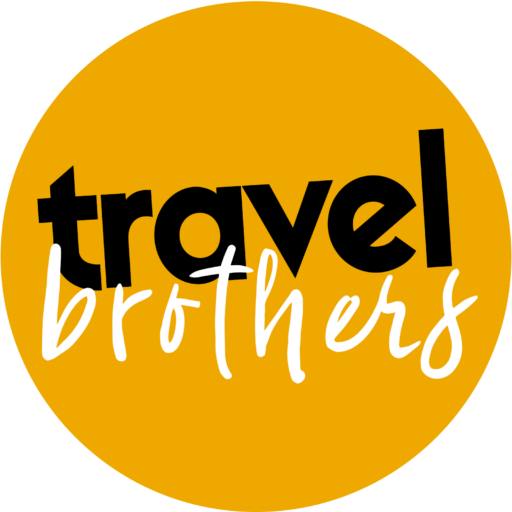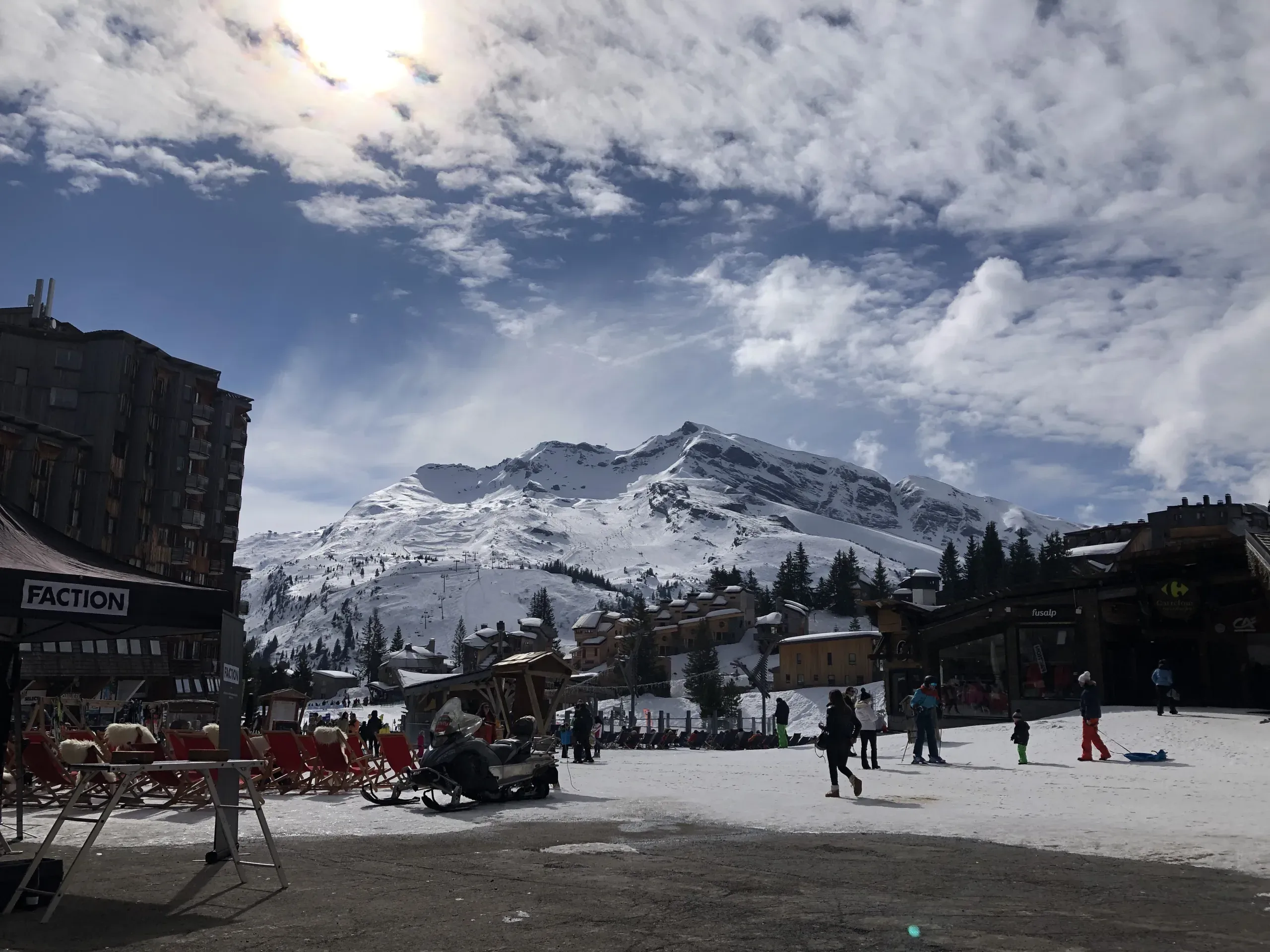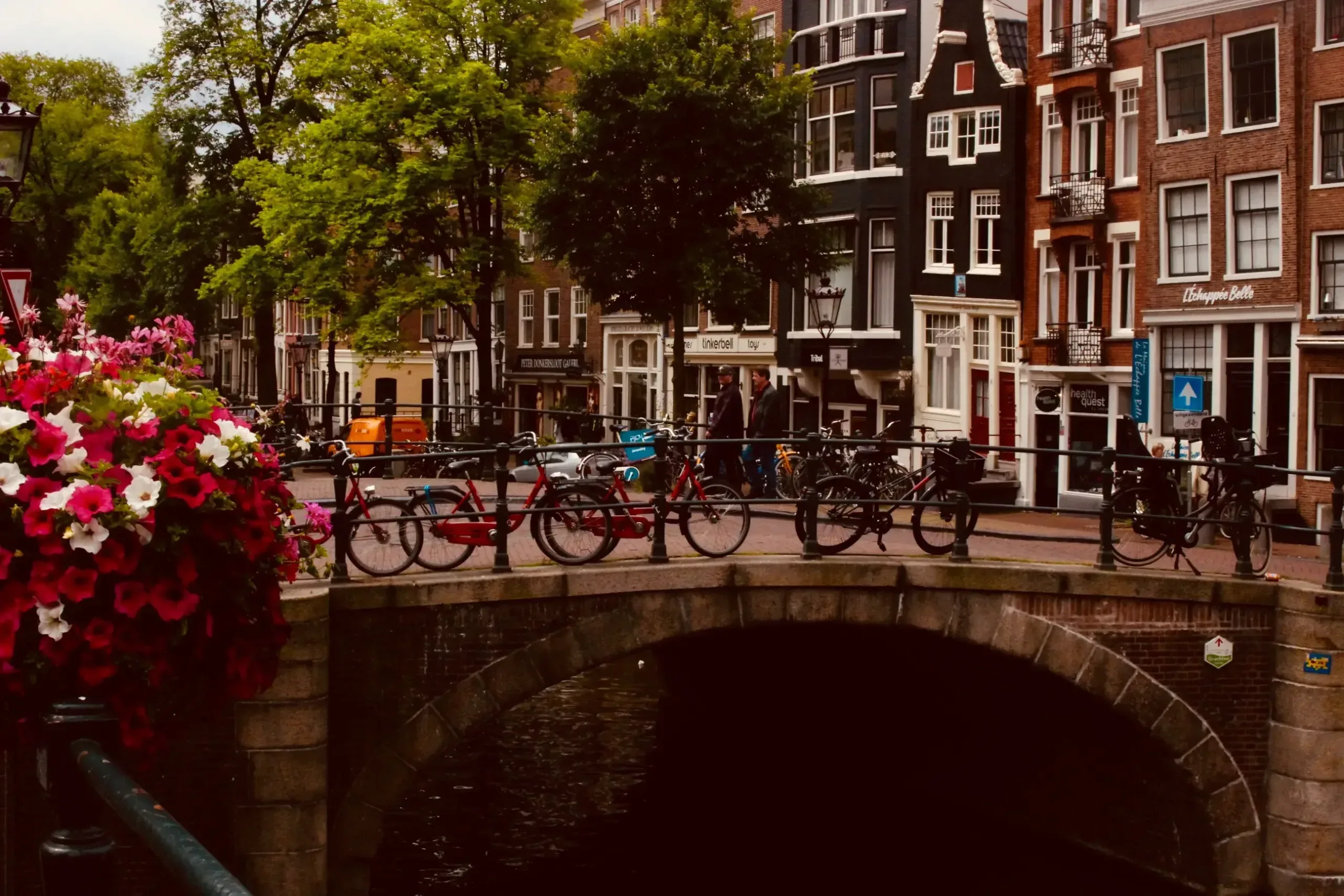Properly organizing a trip shouldn’t be exhausting and complicated. Whether you are planning a few days of relaxation or intending to explore specific areas within or outside of Greece, a travel guide is essential before you start organizing your next trip.
Through this travel guide, I will try to guide you with simple and basic steps to plan your next trip better, faster, and easier than ever before. Some of the tips and apps we will cover have helped hundreds of people better organize their travels.
1. Define Your Travel Goals
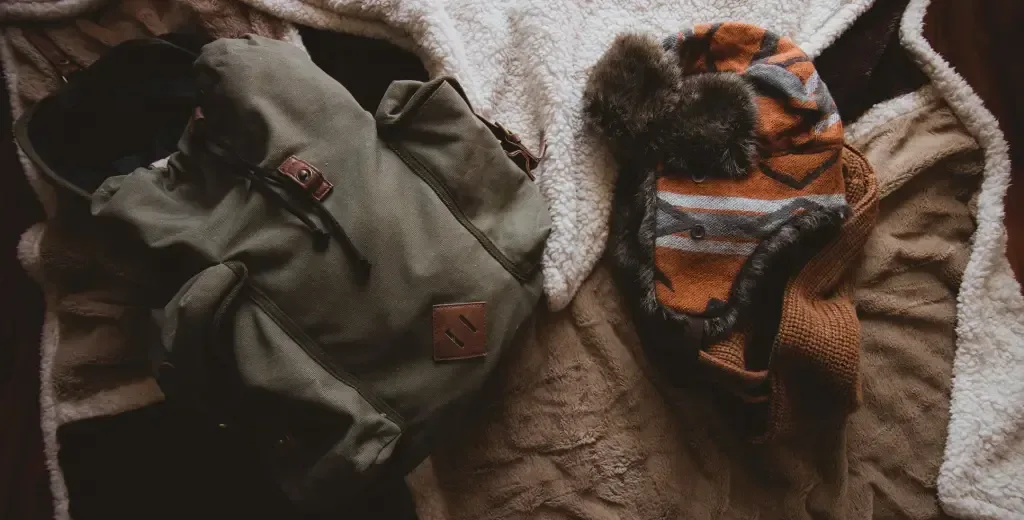
Properly organizing a trip shouldn’t be exhausting and complicated. Whether you’re planning a few days of relaxation or aiming to explore specific areas within or outside of Greece, a travel guide is essential before you start organizing your next trip.
Before you start packing for your next adventure, it’s important to first determine everything you want to do on the upcoming trip. Be careful though, as I’m not saying “what you would like to do,” but “what you will do,” so that you avoid bringing more than you need.
Do you want an adventurous holiday that includes climbing, plenty of walking, cycling, or being constantly in nature? Would you like to engage in some extreme sport that requires special equipment? Or are you going for a few days of relaxation? Depending on your travel goals, you will have the certainty about everything you need to organize for your trip.
If your accommodation includes plenty of comforts, such as hotels or Airbnb properties, you can bring more things with you, as you can leave everything in the room and only take what you need. If you’re preparing to explore areas and places with a lot of walking and different accommodations, then it’s recommended to only bring the essentials.
Don’t forget about airline tickets, which can cost more depending on the weight and suitcases you bring along.
Finally, it’s important to consider significant factors such as the time of year, the climate of the location you’ll be visiting, available activities, nearby locations, and anything else you think should be on your list of potential places or things to do.
2. Set a Budget and Save Money

Travel can become quite expensive, but with careful budgeting and proper planning, you can not only have a fantastic trip but also spend less than you would otherwise.
First, you need to set a realistic budget for your next trip, including all transportation, accommodation, meals, activities, and any unexpected expenses. Try to include all costs and leave nothing out, even if you’re not 100% sure about them.
To save even more money, you can take advantage of hundreds of available travel apps on the Google Play Store and the Apple App Store. Some apps offer discount coupons or points that reduce the overall cost of your stay or travel. Other apps focus on providing the cheapest options found online, while others offer low prices thanks to their exclusive partnerships with third-party companies and hosts.
Choosing the right season is also important. Depending on the destination you want to visit, you can travel during the off-season when everything is more affordable. Booking tickets and accommodation well in advance can also significantly reduce your budget.
3. Create a Travel Itinerary
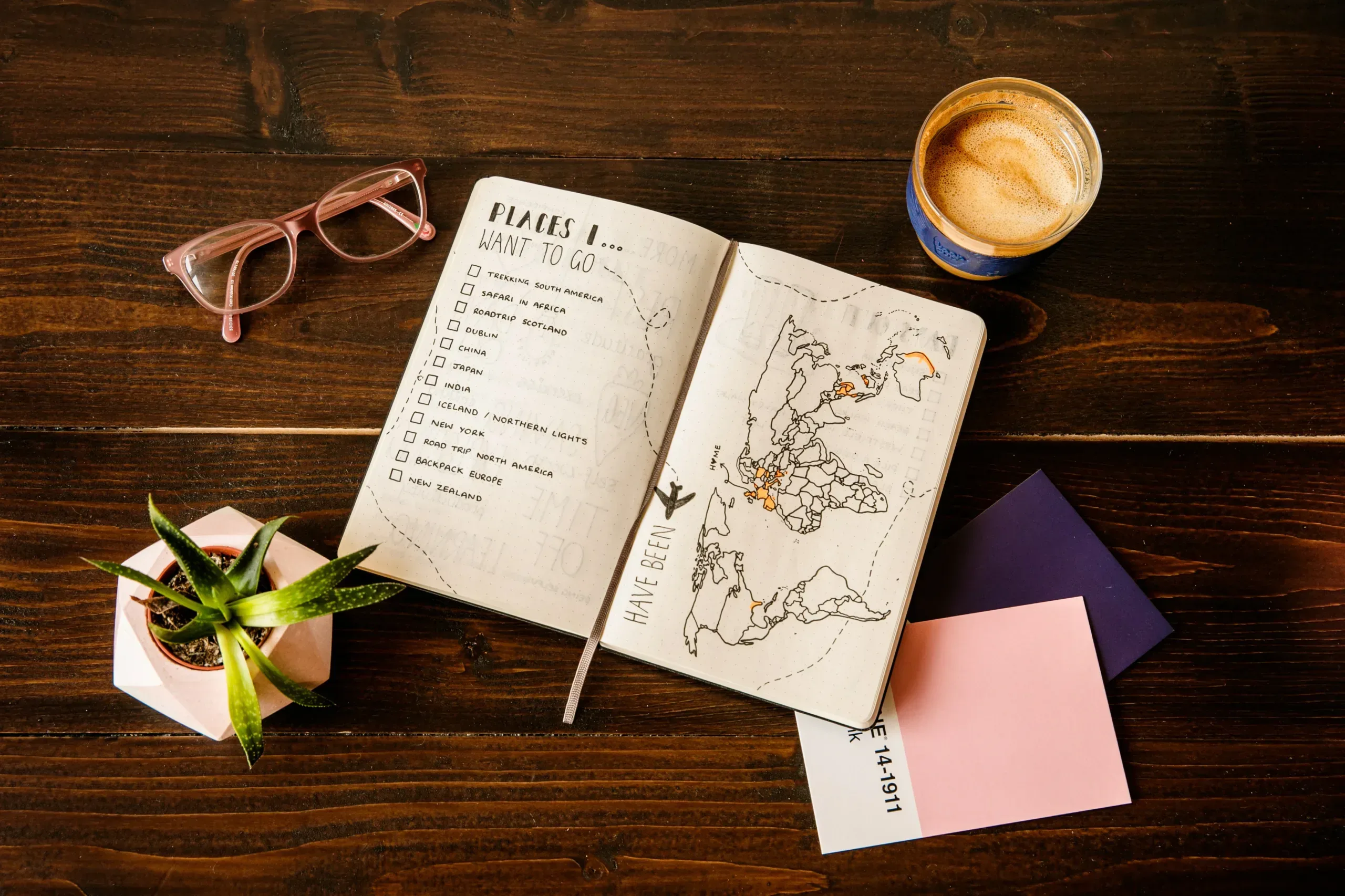
A travel itinerary serves as a roadmap for your next trip. By noting down all the places, activities, routes, stops for public transportation, and any other important information about the destination, you ensure you won’t waste time during your trip.
You can create a daily plan for each day of your vacation, including all destinations, attractions, relaxation periods, and any scheduled activities you want to do. You can also include essential information such as important addresses, contact details, operating hours, and highly-rated restaurants for food, and anything else you consider important for your trip.
While it’s good to have a structured plan for your trip, try to stay flexible to accommodate any unexpected changes to your schedule. An excellent app to organize and plan your next trip is Notion. The app allows multiple users to edit a file in real-time, so you can plan your trips together with friends, family, or your significant other.
Before finalizing his next trip, my brother tends to research the destination and everything you can do there, using social media apps like TikTok and Instagram, as well as Google Maps. He takes screenshots of all the places he wants to visit or that caught his interest, so whenever we want to visit something, we look at the screenshots and choose the place that we liked the most or was the closest.
4. Book Tickets and Accommodation
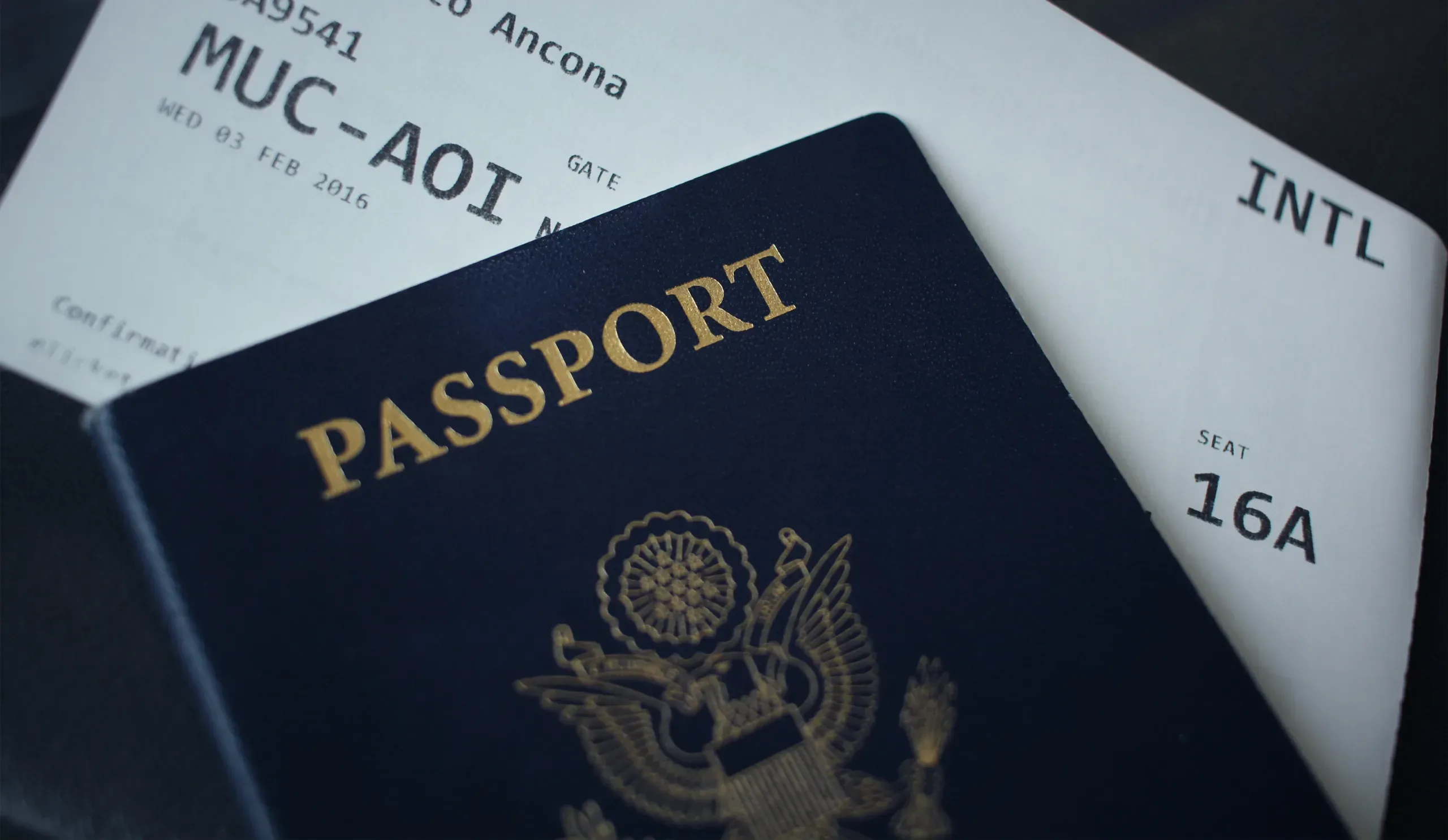
After creating a plan and travel itinerary, the next step is to think about booking your transportation and accommodation. The earlier you complete all the bookings, the lower the final cost will likely be. Whether it involves tickets for planes, trains, buses, subways, ferries, or trams, make sure to complete all bookings early.
Accommodation is equally important, as most hosts and hotels tend to offer lower rates for bookings made well in advance. The money you save from early bookings will ensure you have even more comfort during your vacation.
Take a detailed look at apps like Google Maps or Bing Maps to check the best locations for your stay. Prefer accommodations that are closer to the places you want to visit and have nearby public transportation stops to save on unnecessary expenses. If you plan to go hiking or cycling, it’s worth checking out Strava maps, where millions of people upload their routes daily.
5. Start Packing Your Things
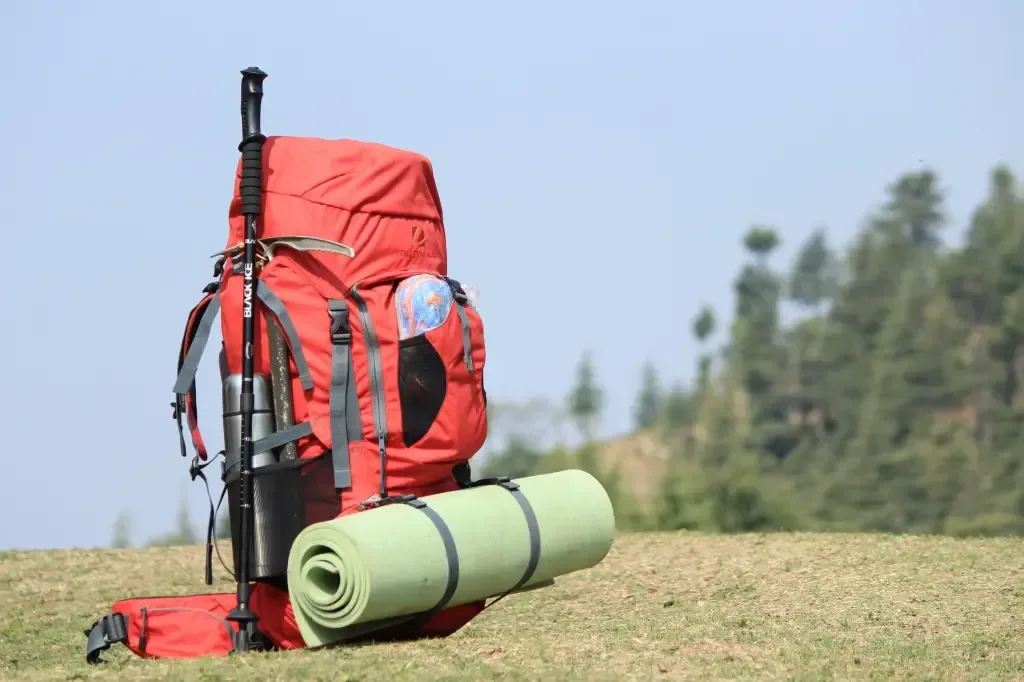
Although opinions on proper “packing” differ from person to person, I think there is one important factor that everyone agrees on: Effective packing is a key aspect of good travel organization.
Create a list that includes all activities, the number of days, and the places you will visit so you can estimate how many clothes you will need to bring. If your accommodation provides basic items like towels, shampoo, soap, and other essentials, you can avoid bringing these from home.
Make sure you have the basics with you, such as ID or passport, driver’s license, medications, travel documents, chargers, phones, and anything else essential for your trip. If you are flying, also ensure that your belongings are within the weight limit of your ticket according to the airline’s policy.
6. Secure Your Home

While preparing for your trip, it’s important to ensure your home is secured before you leave. Make sure all windows are closed, nothing is left on in the kitchen, and there is no garbage that could leave an unpleasant smell after a few days.
A great tip for those who fear leaving their homes for several days is to invest a little money in lights with timers, which work on a schedule and give the impression that someone is home. You can also ask a trusted person or neighbor to keep an eye on the house and collect any mail.
7. Embrace Minimalism and Avoid Overplanning
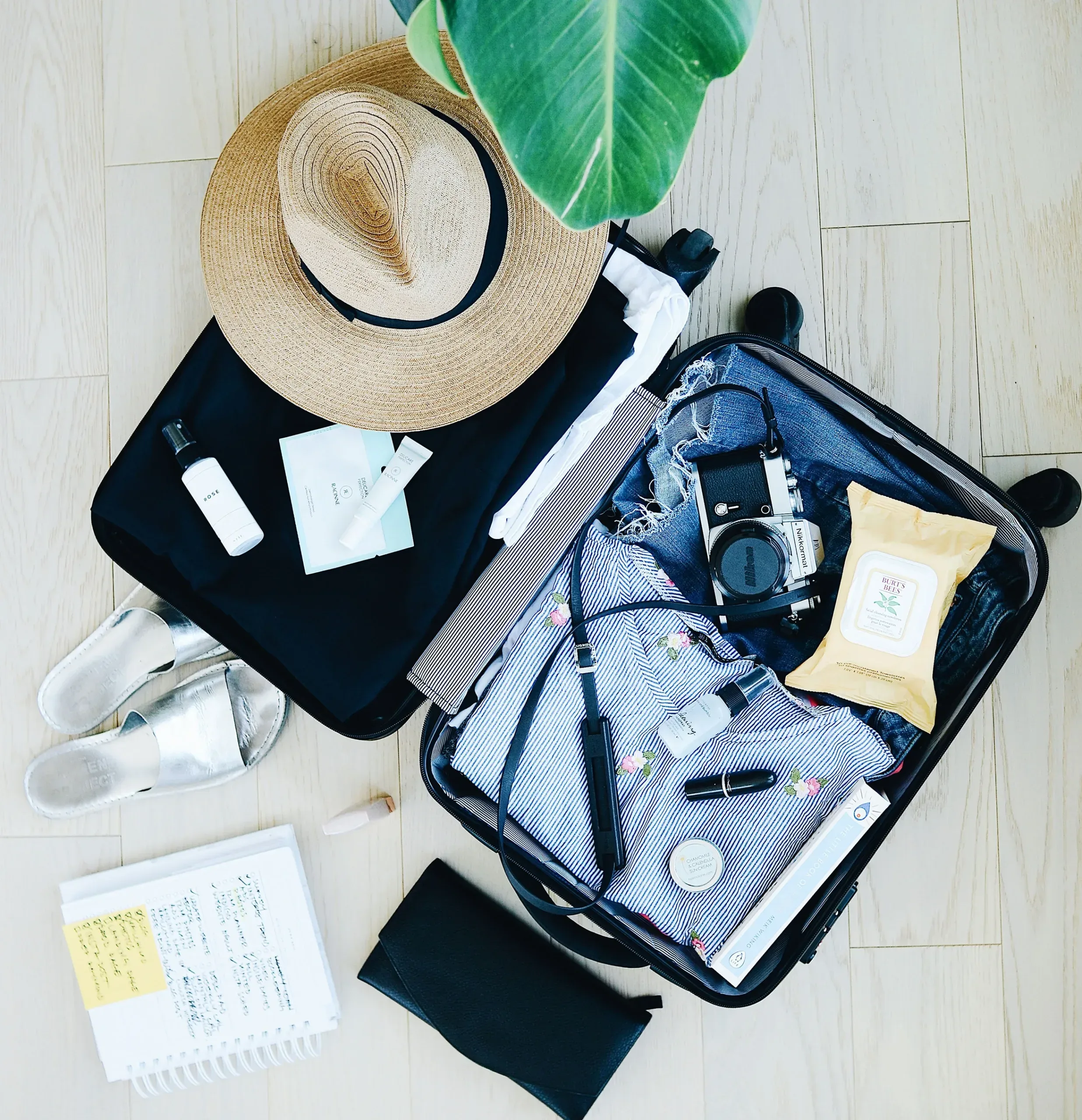
More or less, we’ve all done excessive planning for a trip, which ultimately was either disastrous or stressful. When organizing a trip, embrace the concept of minimalism, focusing on meaningful experiences.
Usually, when we try to fit too many activities and places into a trip and lose spontaneity, instead of allowing ourselves to explore the destination, we are constantly rushing to keep up.
Try to avoid overplanning and leave time for relaxation and exploration. No matter how much you plan, in the end, the journey is what you’ll remember most, not just the final destination. Try to enjoy all the small and simple moments of each trip and allow yourself to fully immerse in the new environment.

